As Marketing Professionals, we take numbers seriously. Not all that long ago, it felt like when it came to online marketing, we were posting and commenting and sharing with no way to measure the impact it was having on our strategy. But those days are long gone. Insights… analytics… there’s a ton of data available regarding our online activity. It’s easy to get lost in the numbers. So when it comes to Facebook, which numbers matter, and which are just vanity metrics?
Just because a number is really big, or jumps overnight, that doesn’t necessarily mean that it’s measuring real success for your online activity.
Hubspot defines vanity metrics as: “…data such as social media followers, page views, subscribers, and other flashy analytics that are satisfying on paper, but don’t move the needle for your business goals.”
Just because a number is really big, or jumps overnight, that doesn’t necessarily mean that it’s measuring real success for your online activity. As always, we need to focus on quality over quantity.
If you’re still trying to determine which numbers you need to pay attention to when it comes to Facebook, here’s a glimpse of what we consistently pay attention to. (Other social media channels have similar metrics available. So if Facebook isn’t your thing, that’s okay. The names may be slightly different, but the fundamentals of why these particular measures matter are the same across platforms.)
My Likes Don’t Matter?
Not really. For our established clients, we don’t obsess too much about how many Likes or Followers they have on Facebook. (BTW, there is a difference between Likes and Followers – people can Like but not Follow your page and vice versa). There are really only two things you need to watch when it comes to Likes or Followers: (1) That the trend is upward, not downward, and (2) You don’t want your Likes number to be substantially higher than your Followers. That matters because Following a page means you are more likely to see their posts (those odds are all contingent on the Facebook algorithm, of course). If someone Likes, but doesn’t Follow your page, they won’t ever see any of your posts in their newsfeed. (Clients who are new to Facebook – yes, we have a few, for a variety of reasons – are a little different. Obviously, we want to grow their Likes and Followers to increase their potential reach, so we watch that number a little more closely.)
What Numbers Should I Care About?
Pick a number to watch that will help you measure general growth. For us, that’s usually Followers. We chart each month’s number to make sure we’re not losing people. After a few months, you’ll begin to understand your general monthly turnover. What you want to watch for is anything more than that. If that does happen, you want to catch it as quickly as possible so you can try to figure out what the trigger was for the exodus.
We also look at Reach. Facebook defines Reach as: “The number of people who had any posts from your Page enter their screen.” Note that Reach is different than Impressions. Impressions count multiple views by the same individual – so Impressions is always a lot higher. Don’t get distracted by the bigger numbers. Reach gives you a better idea of how many individual sets of eyeballs are seeing your content.
Engagement is a great measure to watch as well. Facebook counts any share, like, or comment as Engagement. Seeing all those Thumbs Ups next to your post can make you feel pretty good, but that’s not why Engagement matters. Engagement matters because the more Engagement your content has, the higher your EdgeRank score. EdgeRank is the scoring system Facebook uses to determine how often to show your content. So a higher EdgeRank score for your post means Facebook is going to show it to more people. The more engagement you have, the higher your score. And the higher your score, the bigger your potential audience.
Depending on your specific goals for your business, there may be other metrics on Facebook that it makes sense for you to monitor. But for most businesses, watching your Followers, Reach, and Engagement can help you understand the impact you are having on Facebook, and determine adjustments you can make to improve those numbers.


